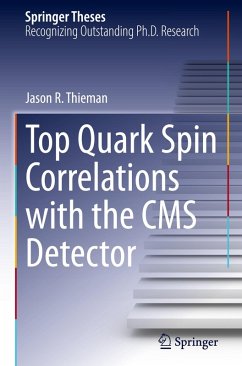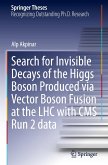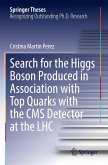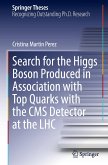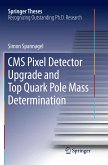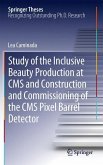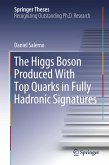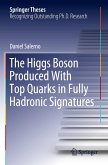The differential top quark precision measurements of polarizations and spin correlations presented in this dissertation may potentially lead to breakthroughs in several key areas: observing quantum entanglement and Bell's Inequality violations in a hadronic system, discovering toponium, illuminating supersymmetry, interpreting field theories beyond the Standard Model, and advancing the understanding of electroweak vacuum stability.
Additionally, this thesis provides a significantly improved understanding of CMS detector lepton trigger efficiencies, which has greatly enhanced the search for Lorentz invariance violation in top quark events, boosting the sensitivity by greater than a factor of 100.
Finally, the thesis includes TCAD simulations that explore the feasibility of using the initial transient induced current, as described by the Ramo-Shockley Theorem, to achieve the picosecond timing precision in silicon pixel detectors needed for four-dimensional tracking.
Additionally, this thesis provides a significantly improved understanding of CMS detector lepton trigger efficiencies, which has greatly enhanced the search for Lorentz invariance violation in top quark events, boosting the sensitivity by greater than a factor of 100.
Finally, the thesis includes TCAD simulations that explore the feasibility of using the initial transient induced current, as described by the Ramo-Shockley Theorem, to achieve the picosecond timing precision in silicon pixel detectors needed for four-dimensional tracking.

